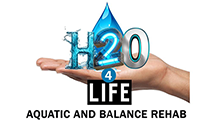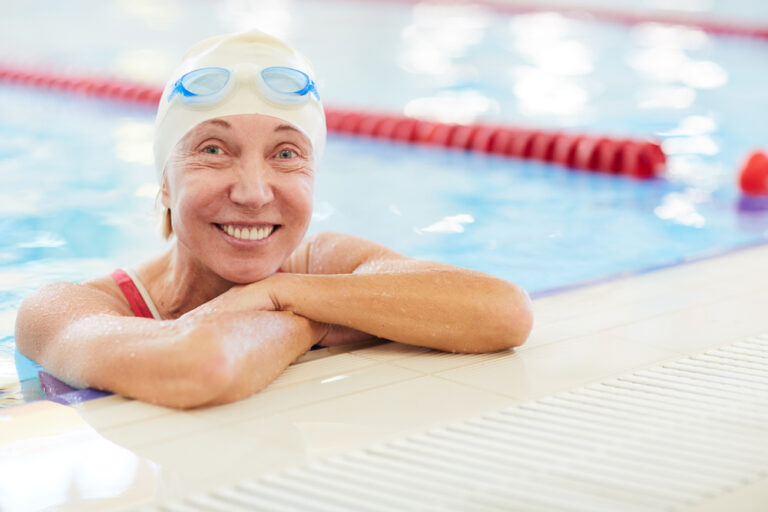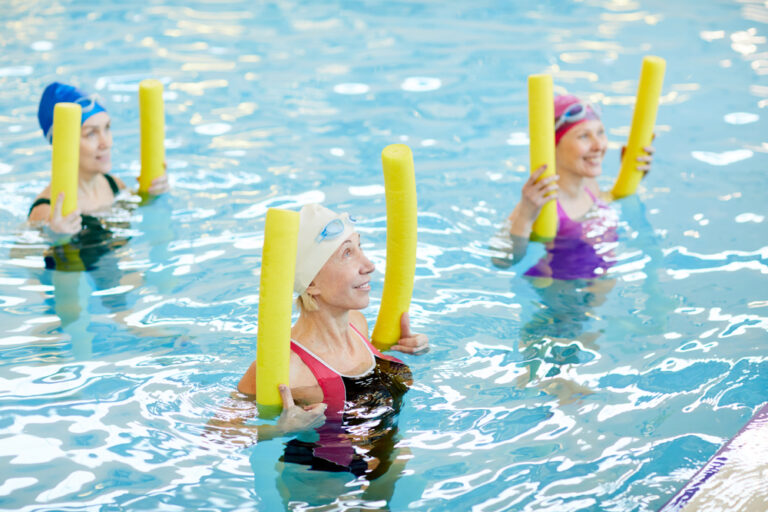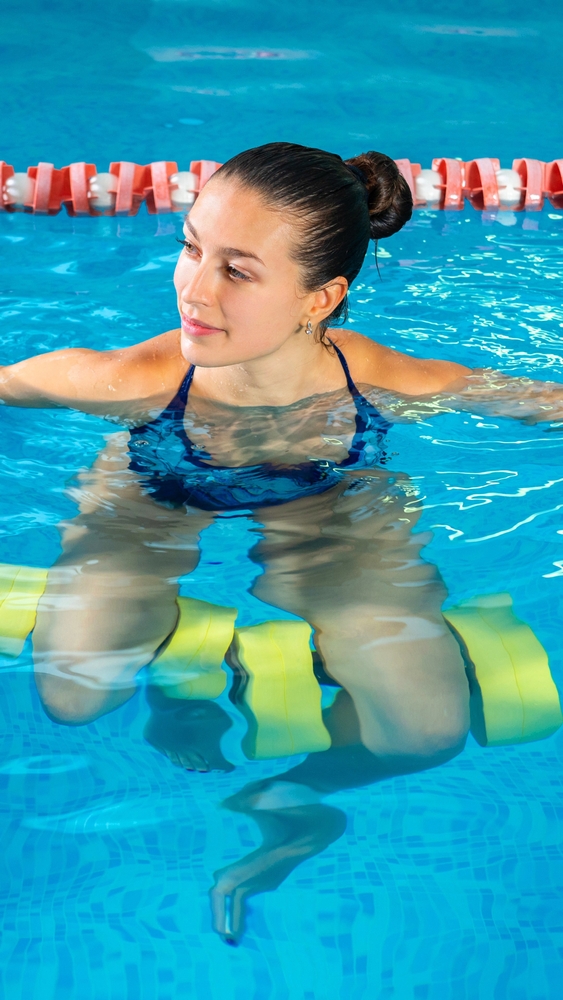Living with Parkinson’s disease brings unique challenges that can impact movement, balance, and confidence in everyday life. Fortunately, research shows that aquatic therapy can help people with Parkinson’s improve their mobility, reduce stiffness, and enhance overall well-being.
At H2O-4-Life Aquatic and Balance Rehab in Nokomis, Florida, our specialized aquatic programs use the healing power of water to help patients move more freely, safely, and confidently. Whether you’re newly diagnosed or managing long-term symptoms, here are 10 proven benefits of aquatic therapy for people with Parkinson’s disease in Florida.
1. Reduces Muscle Stiffness and Rigidity
Water’s warmth and buoyancy naturally relax tense muscles, allowing for smoother, pain-free movement. For those with Parkinson’s, this means an immediate reduction in stiffness and rigidity—making exercise more accessible and enjoyable.
2. Improves Balance and Reduces Fall Risk
Falls are a common concern among individuals with Parkinson’s. Aquatic therapy provides a safe, supportive environment where the water’s resistance helps retrain balance and coordination without the fear of falling. Over time, this improves postural stability and confidence during daily activities.
3. Enhances Mobility and Gait
Aquatic therapy focuses on large, rhythmic movements that mimic walking, improving stride length, flexibility, and overall gait. The natural resistance of water strengthens muscles used in walking while promoting smoother, more controlled motion.
(According to a study published by the National Institutes of Health, aquatic exercise programs significantly improve gait performance and balance in individuals with Parkinson’s disease.)
4. Increases Strength Without Joint Strain
Because water supports much of your body weight, patients can perform strengthening exercises without overloading joints or muscles. At H2O-4-Life, our licensed therapists guide you through movements designed to target key muscle groups while protecting your body from impact.
5. Improves Cardiovascular Health
Aerobic exercise is important for people with Parkinson’s, as it helps improve brain health, stamina, and energy. Water-based movement provides a gentle but effective cardiovascular workout, helping maintain endurance and vitality.
6. Enhances Flexibility and Range of Motion
Parkinson’s can cause stiffness that limits flexibility. Water’s supportive environment allows you to stretch safely, improving joint mobility and making everyday activities—like dressing, walking, or reaching—easier and more comfortable.
7. Boosts Mood and Reduces Anxiety
The sensory experience of warm water promotes relaxation, reduces anxiety, and releases endorphins. Many patients describe aquatic therapy sessions as uplifting and energizing, which supports emotional well-being alongside physical recovery.
8. Encourages Social Connection
Group aquatic therapy sessions create opportunities to connect with others facing similar challenges. At H2O-4-Life, we foster an encouraging, supportive environment that helps patients build confidence through shared progress and community.
9. Promotes Better Posture and Core Stability
Water’s natural resistance strengthens the body’s stabilizing muscles, improving posture and reducing the “stooped” alignment often associated with Parkinson’s. A strong core helps enhance balance, coordination, and independence.
10. Supports Neuroplasticity and Motor Control
Consistent aquatic exercise helps the brain adapt and form new neural connections—a concept known as neuroplasticity. This process can enhance motor control, coordination, and reaction time, empowering individuals to maintain independence and improve quality of life.
Why Choose H2O-4-Life Aquatic and Balance Rehab
Located at 108 Bella Verde Blvd, Nokomis, FL 34275, H2O-4-Life Aquatic and Balance Rehab serves Sarasota County, including Venice, Osprey, and North Port. Our therapists specialize in aquatic therapy, balance rehabilitation, and neuromuscular recovery for individuals with conditions like Parkinson’s disease, stroke, and multiple sclerosis.
We take a personalized, evidence-based approach, combining aquatic and land-based therapy to restore function, reduce pain, and promote lasting mobility. Learn more about our specialized programs on our Aquatic Therapy page.
Frequently Asked Questions (FAQs)
- How does aquatic therapy differ from traditional therapy?
Aquatic therapy uses the buoyancy, resistance, and hydrostatic pressure of water to support movement, reduce pain, and improve balance—offering a safer and gentler approach than land-based therapy. - Is aquatic therapy safe for people with Parkinson’s disease?
Yes. Our therapists are trained to adapt exercises to your ability level, ensuring safety and comfort throughout your session. - How often should I attend aquatic therapy sessions?
Most patients benefit from 1–3 sessions per week, depending on goals and symptom progression. Your therapist will customize your schedule. - Do I need to know how to swim?
No. All exercises are performed in a shallow, temperature-controlled pool under therapist supervision. - Can aquatic therapy improve tremors?
While it may not eliminate tremors, aquatic therapy can significantly improve overall motor control, flexibility, and strength—helping to manage symptoms more effectively.
Take the First Step Toward Improved Mobility and Confidence
Don’t let Parkinson’s limit your movement or joy. Experience the healing benefits of aquatic therapy at H2O-4-Life Aquatic and Balance Rehab.
📞 Call (941) 400-1505 or visit www.h2o4life.net/contact to schedule your consultation today.
At H2O-4-Life, we help patients across Florida move better, feel stronger, and live with renewed confidence—one step at a time.



